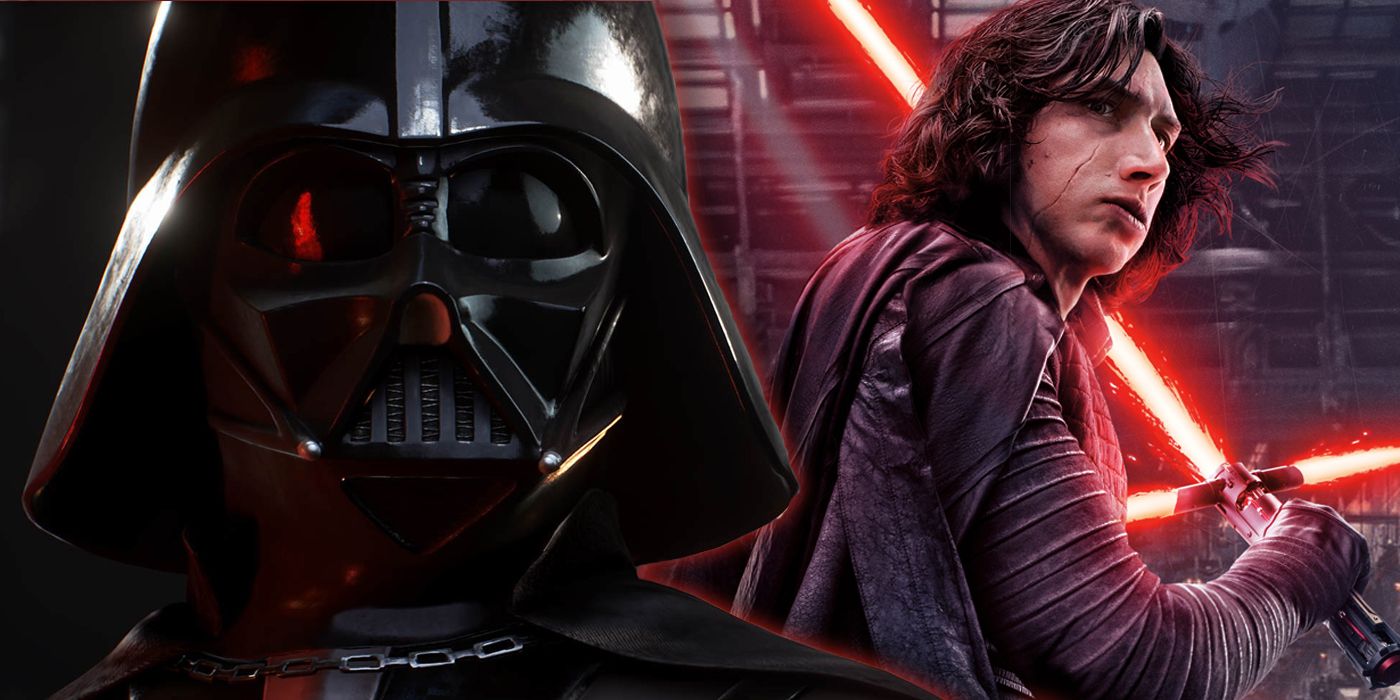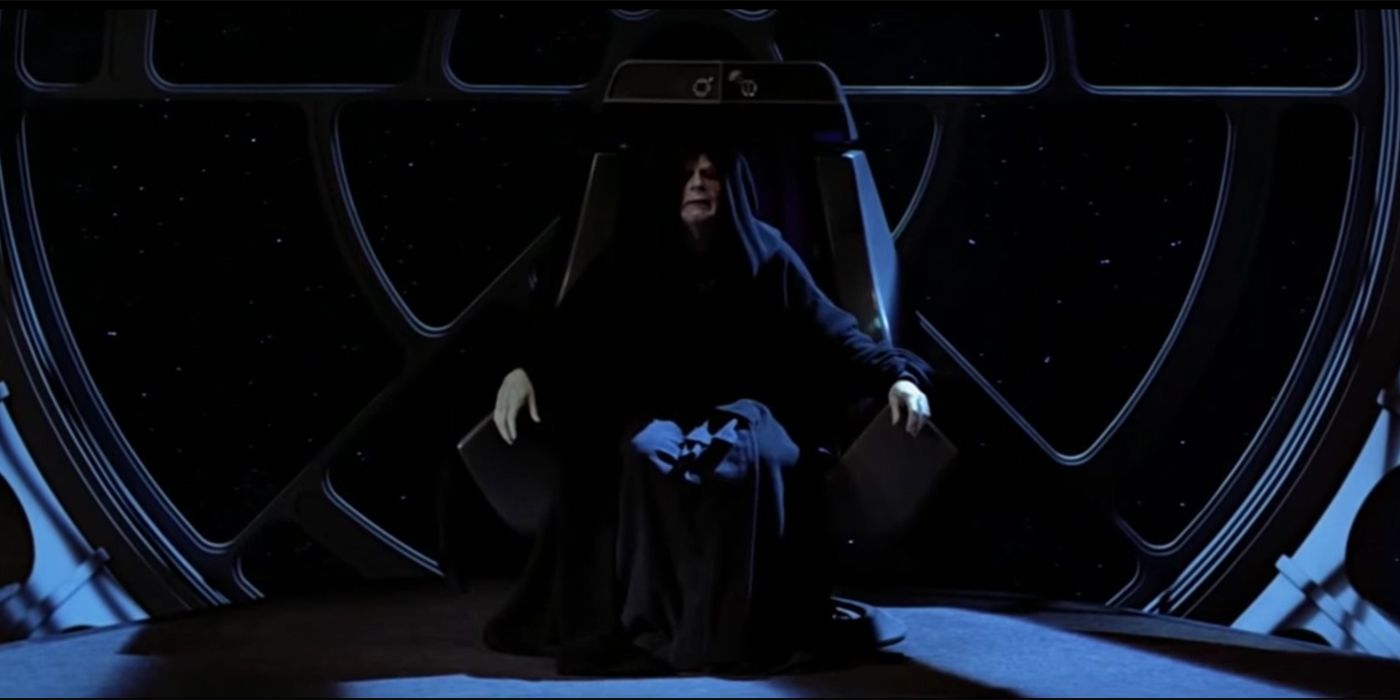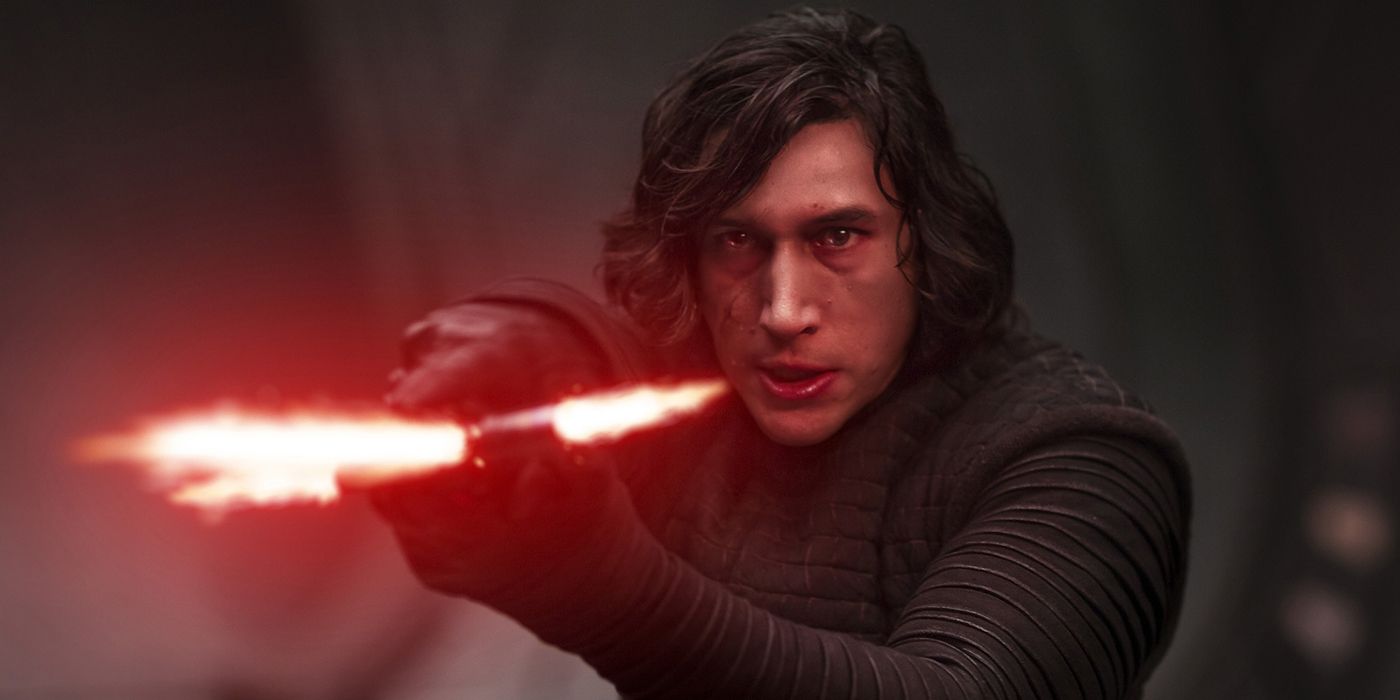Among many things, the Star Wars franchise has always been about the endless struggle between good and evil or rather, those who actively grapple with their own evils and those who embrace them. For thousands of years, this struggle had always been represented by the seemingly endless conflict between the Jedi Order and the Sith. That changed when in Star Wars: Return of the Jedi, Luke gave his father, Darth Vader, a chance to redeem himself with his final act by killing Emperor Palpatine. With both Vader and Sidious gone, the Sith and their ideology came to an end, or at least, it should have.
Yet the Star Wars franchise has never quite been able to let the Sith fade away, even though the sequel trilogy introduced a force to replace them with Supreme Leader Snoke and the Knights of Ren. The Star Wars anthology films and comic books continue to focus on battles between the Jedi and Sith influence. The presence of the Sith in the franchise has only been made stronger by the recent reveal of the Sith trooper, set to appear in The Rise of Skywalker. This, coupled with Palpatine's cackle in the last trailer for the upcoming film, seems to suggest that the Star Wars franchise misled fans when it made us think that the Sith had been eradicated.
In the now non-canon Expanded Universe, the ancient order had been seemingly wiped out multiple times, beginning with the disappearance of the true Sith -- the alien race. After centuries of allowing other species to integrate, they fled into unknown regions of space. Followers of their ideals thrived throughout the galaxy however, keeping the Sith Order alive. Eventually, the very nature of dark side users led the ruination of the order, as the infighting -- encouraged by their dark teachings -- left them vulnerable.
Even if a lot of that has been made non-canon, a return of the Sith is still very much within the realm of possibility, regardless of whether or not it meant that the implied fulfillment of the prophecy was somewhat false.
It'd rob Luke Skywalker's story of some significance but technically, the prophecy that the Jedi Order discussed throughout the prequel films predicted that the Sith would be destroyed and that balance would be restored. Despite the interpretations of the Jedi masters, the prophecy never actually stated that the Sith would never return afterwards. All it promised was "balance," and when describing dark and light, that can be such a vague term.
What's also vague is Kylo Ren's embrace of the dark side of the Force. Audiences were told early on that Kylo and his master, Snoke, weren't Sith, and that they were something new. Yet the parallels between the First Order and the Sith are undeniable. Both Kylo Ren and Snoke largely rejected Jedi teachings and at least one of them carried a Sith's traditional red lightsaber. despite having the option to take on all of Luke's former students, Snoke seemed to adhere to the Sith's Rule of Two, which limited the number of active Sith Lords to two at any given time. Let's not forget that the person Kylo seemed to idolize the most, Darth Vader, was himself a member of the Sith Order.
It would be incredibly easy for Kylo Ren to turn from a Knight of Ren and reshape the First Order into a revival of the Sith. That seems especially likely with the previously mentioned Sith Trooper figure was described by Lucasfilm as being, "the next evolution in Imperial/First Order soldiers." Even though Star Wars seemed to position the First Order as being different from the Sith, it looks like they might've been one and the same this entire time.
Even if the happy ending of the original trilogy was a lie in the end, that isn't exactly a bad thing. When a villainous force as widespread and powerful as the Sith Order has been established, it's going to be difficult to replace it without dramatically diverging from the lore. When a new hero like Rey rises for a new trilogy, it makes sense that the only force of evil large enough to challenge her and the others would return in some way.
Until the release of The Rise of Skywalker, it's impossible to know what that return will look like. Many are debating whether or not its Emperor Palpatine that returns to revive the Sith, but all things considered, it's unlikely that the Emperor will return with power enough to accomplish that. At this point, it seems far more likely that his influence will continue to spread in some other fashion, perhaps driving the already unstable Kylo Ren toward returning to the ideology of the Sith.
While the Luke and Anakin Skywalker technically ended one line of Sith, anyone who uses the Dark Side of the Force is destined to follow the path of the Sith Lords that came before them.
Even though the films presented the defeat of the Emperor and Darth Vader as the end of the Dark Side's champions and a happy ending for the galaxy, everyone should have known better. At its heart, the Sith Order hasn't been anything tangible in a long time. It exists as an idea that opposes Jedi teachings; it's the natural conclusion of a line of thought that begins and ends with suffering. No matter how at one they are with the Force, no one can defeat an idea that insidious.



